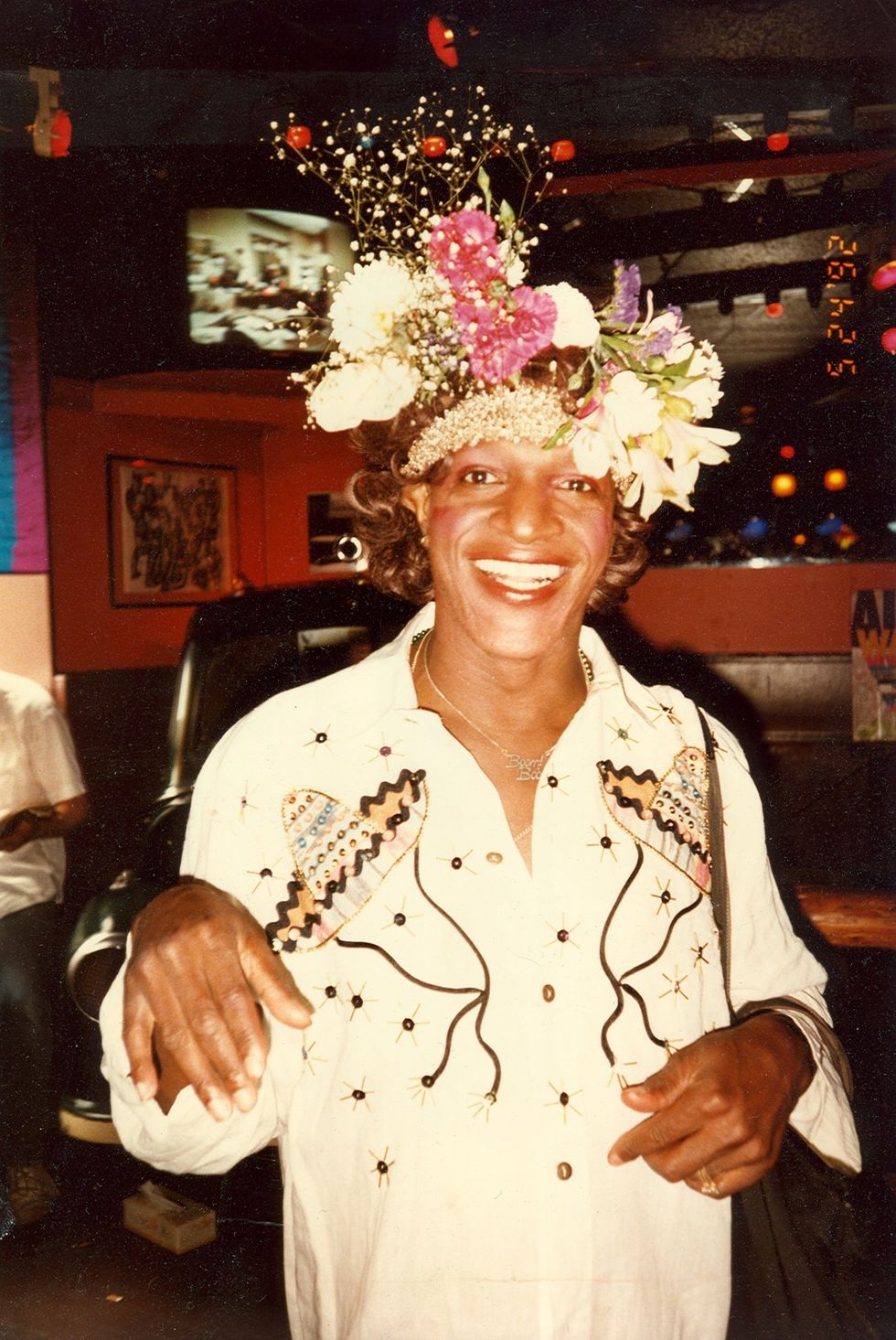“We study history, because if we don’t, we are doomed to repeat it.”
It’s a good quote, and a provocative one. It’s kind of fun to look at movements and events and try to figure out what is going to happen next. And by fun, I mean kind of terrifying (just thinking about the parallels between the Comey Memo and Watergate makes my skin crawl).
That is not why I study history, though. It’s not because I liked history in high school (I hated most of it), or because I love memorizing dates (though I do love memorizing facts; I know more fun facts than I have any excuse to).
I study history because of Marsha P. Johnson.
I didn’t know about Stonewall until I went to college. I knew the little black box version (you know in history textbooks where they give you trivia in the margins of the ‘real history’ and it's usually about women and people of color?). I knew that Stonewall was a riot and that it was the beginning of the Gay Rights Movement. I was lead to believe that it was gay white men fighting the cops (this is hardly a new narrative, and definitely one that has stuck around).
I definitely didn’t know that one of the first people to fight back against the police was Marsha P. Johnson, a black trans woman. She created Street Transvestite Action Revolutionaries with Sylvia Rivera, modeled for Andy Warhol, and was a organizer and marshal for ACT UP. Her incredible life is something that I can not do justice in 500 words (learn more about her and watch the documentary "Pay It No Mind: The Life and Times of Marsha P. Johnson").
The Queer Rights Movement is only now remembering Marsha, despite the fact that she helped create the entire movement. The Queer Rights Movement was created by trans women of color who were then promptly excluded. Now, with a resurgence of transphobia within the larger queer community (that is not to say that it has not always existed), we have to look critically at our own history. Both the actual history of the movement and the narrative surrounding how we perceive the movement deserves to be looked at, not just because people like Marsha deserve to be remembered, because we can only understand the movement today, if we understand what it was.
I study history because the history we learn is a direct result of the world that we live in, and the world we live in is a direct result of history. We have to look at history as not just indicators of our future, but the cause of our present. We have to think critically about why we remember some people’s stories but not others.
With knowledge about the world, how it was and how it is now, and most importantly, how uncomfortably similar those two worlds can be, we can all be better.
That's why I study history.


















